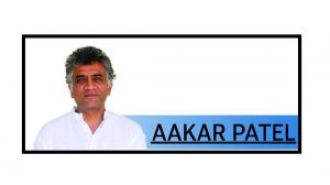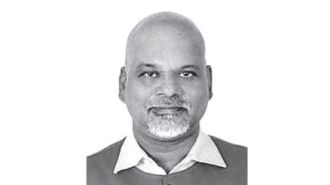When Telecommunications and Information Services Are The Same Thing
I'm headed down to Washington DC today to meet with a number of people in the administration, congress, and the FCC to talk about the internet, information technology, innovation, and the startup economy. I'm looking forward to the trip. I woke up early this morning thinking about our nutty regulatory framework for the Internet.
In the telecom reform act of 1996, there is an important distinction made between telecommunications services and information services. And that distinction is now playing out in the net neutrality debate. The FCC's desire to push forward its National Broadband Plan has run into legal issues around its ability to regulate the Internet which is classified as an "information service." For you legal scholars out there, one is regulated in TItle I and the other is regulated on TItle II of the Telecom Reform Act. And so the big debate is whether the FCC should reclassify the Internet as a telecomm service and regulate it under the same framework as voice services.
I am not going to wade into this fairly technical legal debate. Frankly it is beyond me.
But I will observe that we are headed toward an era where everything will be delivered over the Internet. I moved into a new home last week and we are currently getting our voice, video, and data all over the Internet. We get our voice from a cloud-based voice provider called OnSip. We are using Boxee to present video we get over the open web. And we get our data from the Internet too, of course.
To illustrate why this is such a better setup, I need only to tell you about my ongoing Time Warner Cable nightmare. Over three weeks ago, I started calling TWC to tell them that I was moving, that I wanted to keep my account, and that I wanted to move my cable boxes with countless hours of recorded video on them. Each phone call ended with someone giving me a different story about why my move request was complicated and a promise to fix the problem. I ran out of time, moved the set top boxes, connected them to the cable that had been installed in my new home by TWC and everything was working fine for 24 hours. But then TWC figured out that I had moved myself and turned off my account. We no longer have cable service and they are coming this week to confiscate our set top boxes with all of our recorded video on them. And what can I do about it? Nothing.
Never again will I put myself and my family under the hostage of a monopoly that is hostile to its customers and their needs. I will certainly get a new TWC account right now because frankly I cannot currently get a bunch of video services that our family enjoys over the open web. But I've built the infrastructure to get video over the open web and I plan to work hard to move our family and their viewing habits onto that infrastructure as soon as the video content companies make their programming available over the open web. I will pay whatever price the video content companies charge to get their programming delivered free of a monopoly distribution system. It is going to happen and I plan to be on the bleeding edge of this movement.
Now that I've gotten that off of my chest, I'll return to the point about voice, video, and data. They are converging onto the open internet. You can easily get them all delivered to you free of any regulated carrier or cable company. You can get them delivered as an "information service." But that doesn't mean that they aren't telecomm services. It's all the same thing. They are all bits coming into your home or office (or car) over a wire or increasingly wireless spectrum.
And so we need a regulatory framework that reflects where we are going not where we were twenty years ago. Honestly, this debate should not be about the FCC's ability to regulate the internet under some arcane definition that was set up a long time ago. We need Congress to rewrite the laws of the land that regulate our communications systems of this century, not the last one.
I'll end with a quote from Google's brief they filed recently in support of the FCC's efforts:
Word







